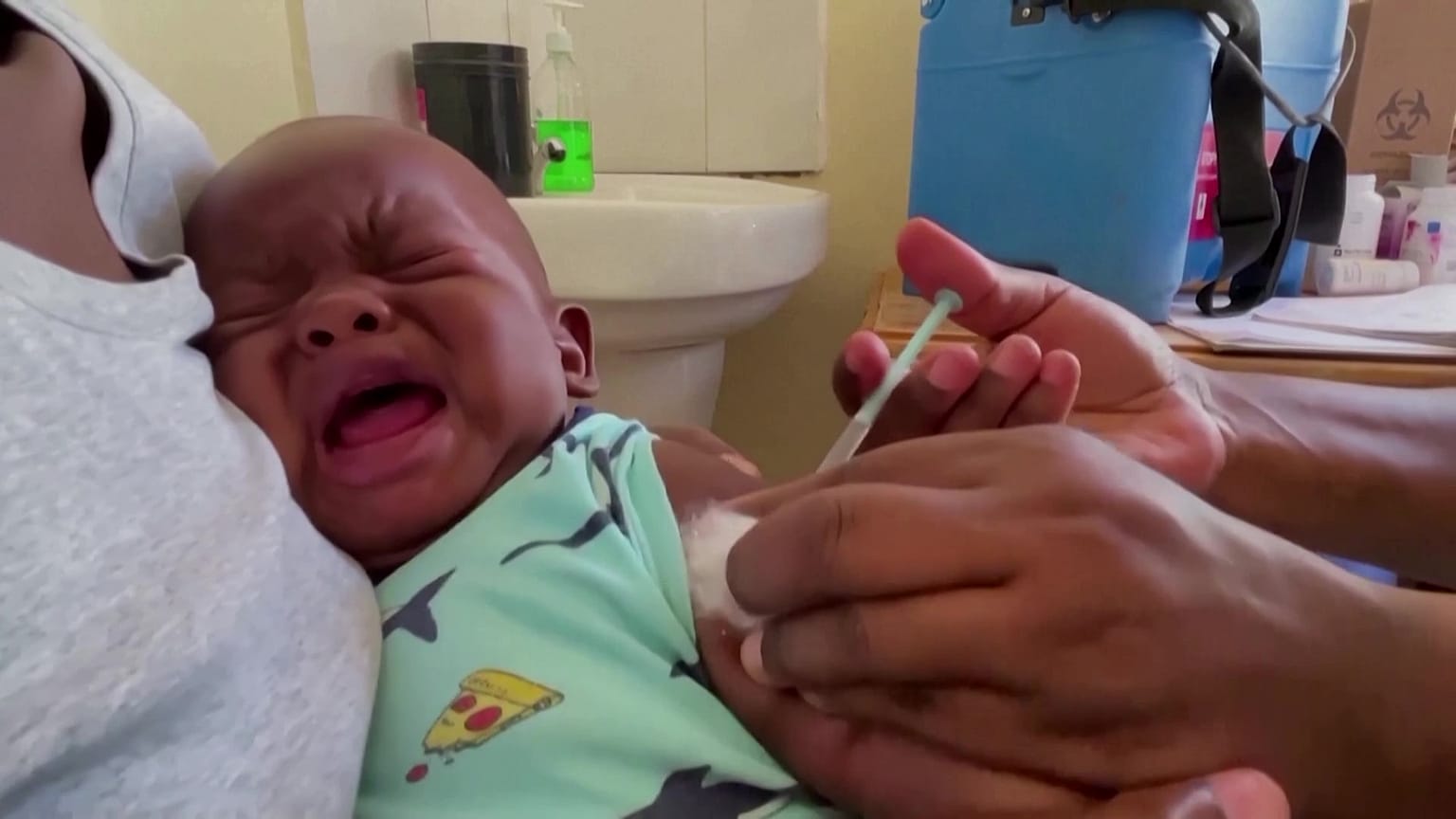The initiative will boost vaccination in countries like Indonesia, Nigeria, Pakistan and the Philippines where millions missed their jabs in 2021.
 ADVERTISEMENT
ADVERTISEMENT
According to the WHO, 25 million children under the age of one did not receive basic vaccines in 2021 as the COVID-19 pandemic disrupted routine vaccinations.
Vaccination rates in children during the pandemic took a hit due to overburdened clinics, lockdown restrictions, and disruptions in the transport of vials, syringes, and other medical supplies.
The WHO, in collaboration with UNICEF, the Vaccine Alliance and the Bill & Melinda Gates Foundation, and other health partners, has in late-April launched an initiative named "The Big Catch-up" to vaccinate millions of children and restore immunisation progress lost during the pandemic.
"Routine vaccines are typically a child’s first entry into their health system and so children who miss out on their early vaccines are at added risk of being cut out of health care in the long run," said Catherine Russell, UNICEF’s Executive Director.
"The longer we wait to reach and vaccinate these children, the more vulnerable they become and the greater the risk of more deadly disease outbreaks. Countries, global partners and local communities must come together to strengthen services, build trust and save lives," she added.
The Big Catch-up will focus on boosting rates in 20 countries, which account for 75 per cent of the children who missed vaccinations in 2021.
Afghanistan, Angola, Brazil, Cameroon, Chad and North Korea are among the 20 countries where three-quarters of the children missed vaccinations during this period.
Rise in child mortality
The WHO says global immunisation coverage for children dropped to 81 per cent in 2021 from 86 per cent in two years earlier.
This means "at least a 5 per cent increase" in mortality among children.
"This is on top of the mortality that already exists because of the imperfection of the coverage of the immunisation programme," said Kate O'Brien, the WHO Immunisation Director.
She also expressed concerns about escalating disinformation which leads people to avoid or deciding not to get vaccinated and put themselves or their children at risk.
But the main reason for unvaccinated children is limited access, O'Brien says.
“The main reason that kids are unvaccinated is not anti-vax. The main reason why children are unvaccinated has to be access to services, quality of services, and full availability of programmes. So, this is the main reason why children are left out,” she added.
Although global coverage levels have declined, the WHO says there have also been positive developments.
India saw a strong recovery in essential immunisation in 2022, while Uganda maintained high coverage levels during the pandemic.
Kenya managed to improve immunisation among its nomadic populations by collaborating with community health workers and local leaders.
For more on this story, watch the video in the media player above.
















